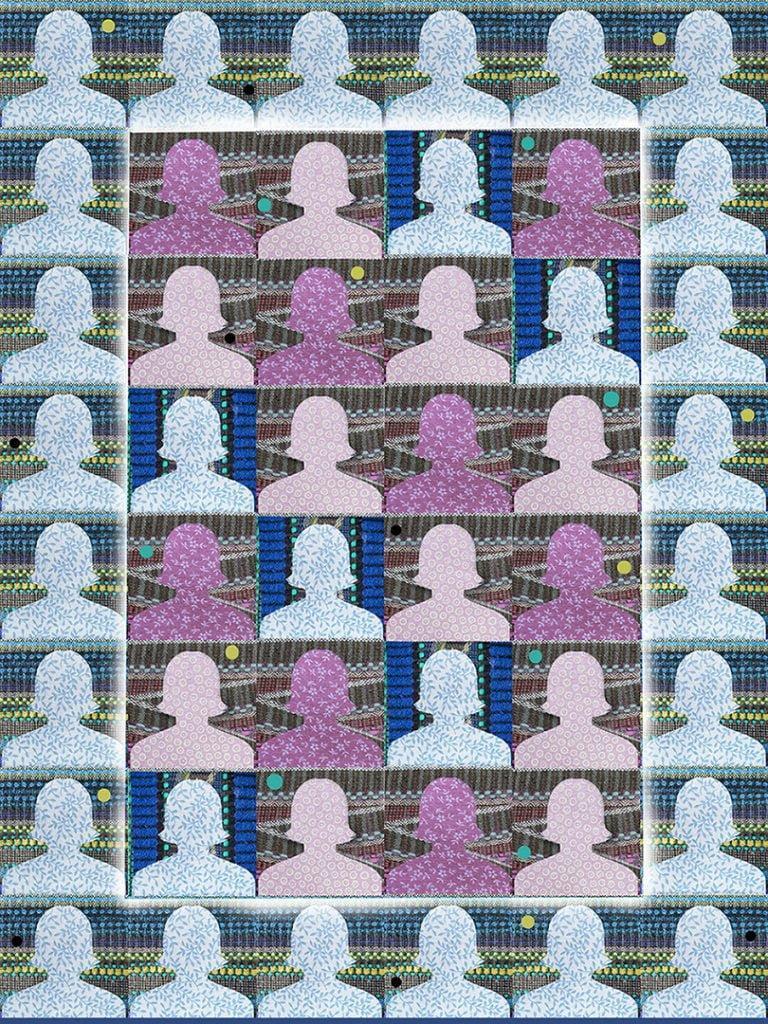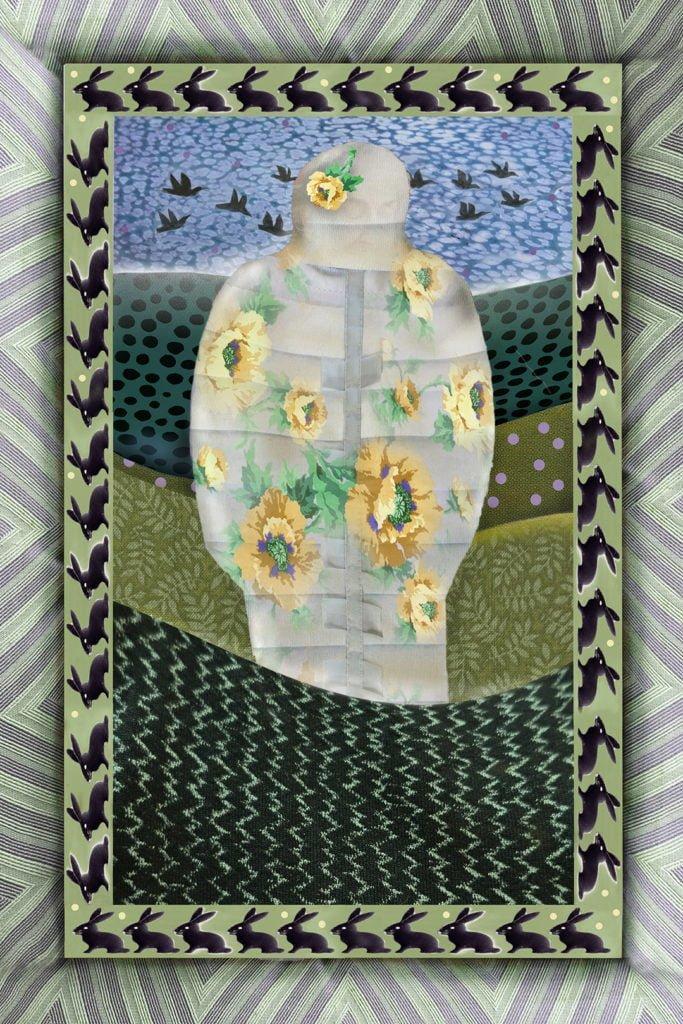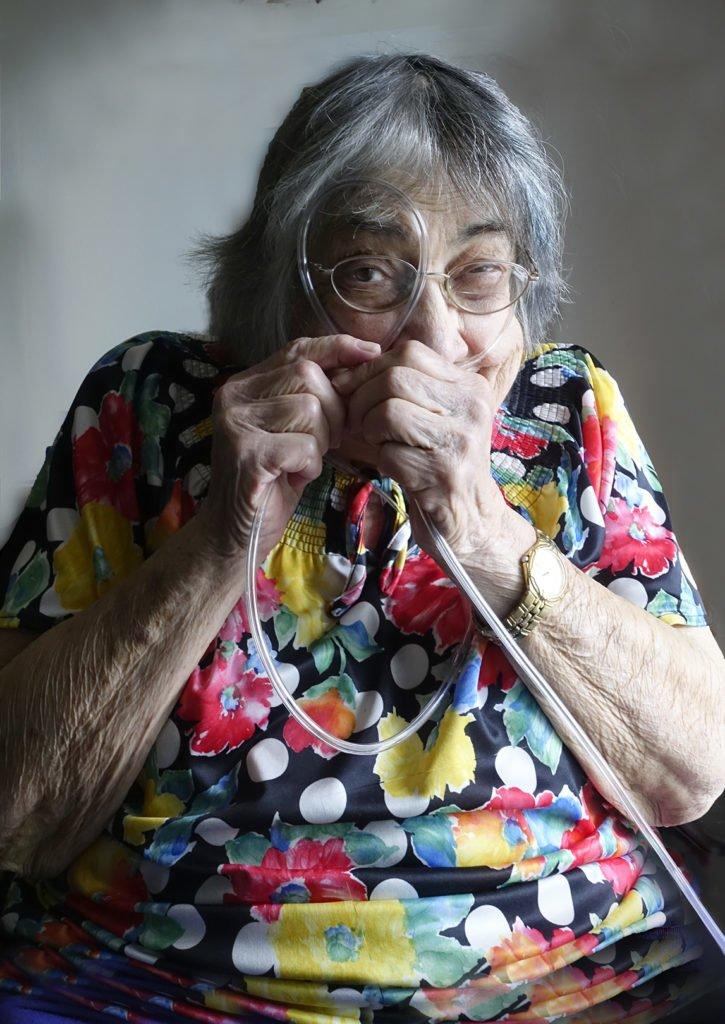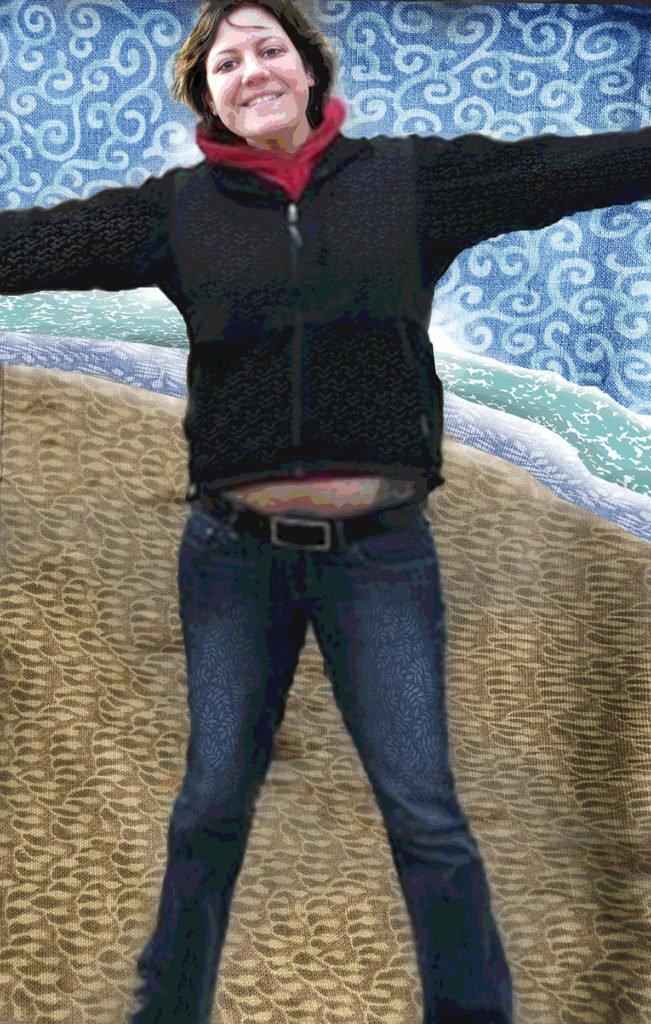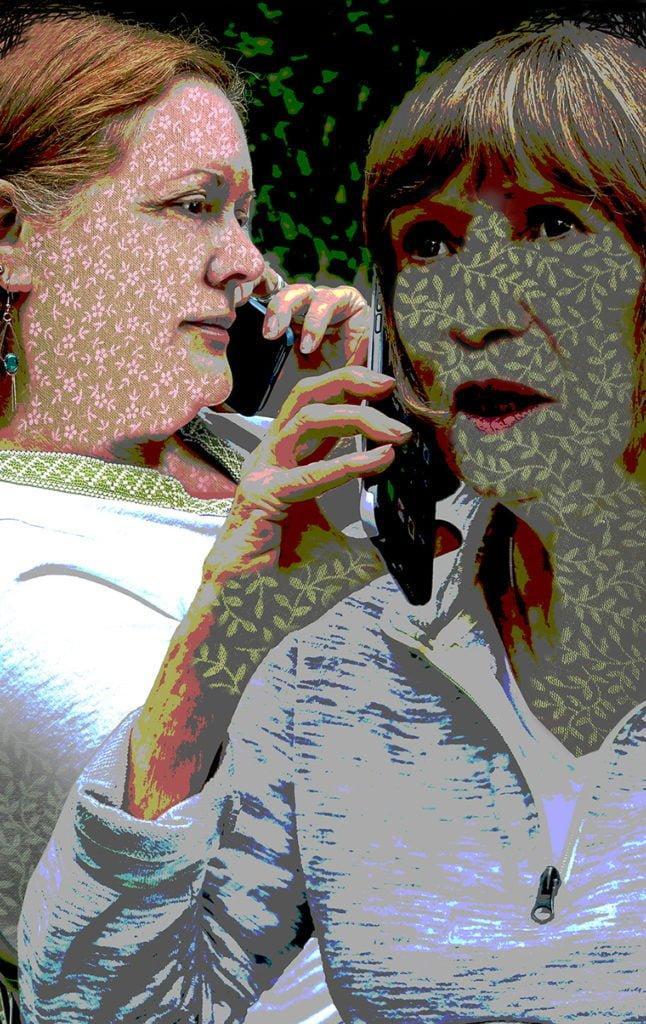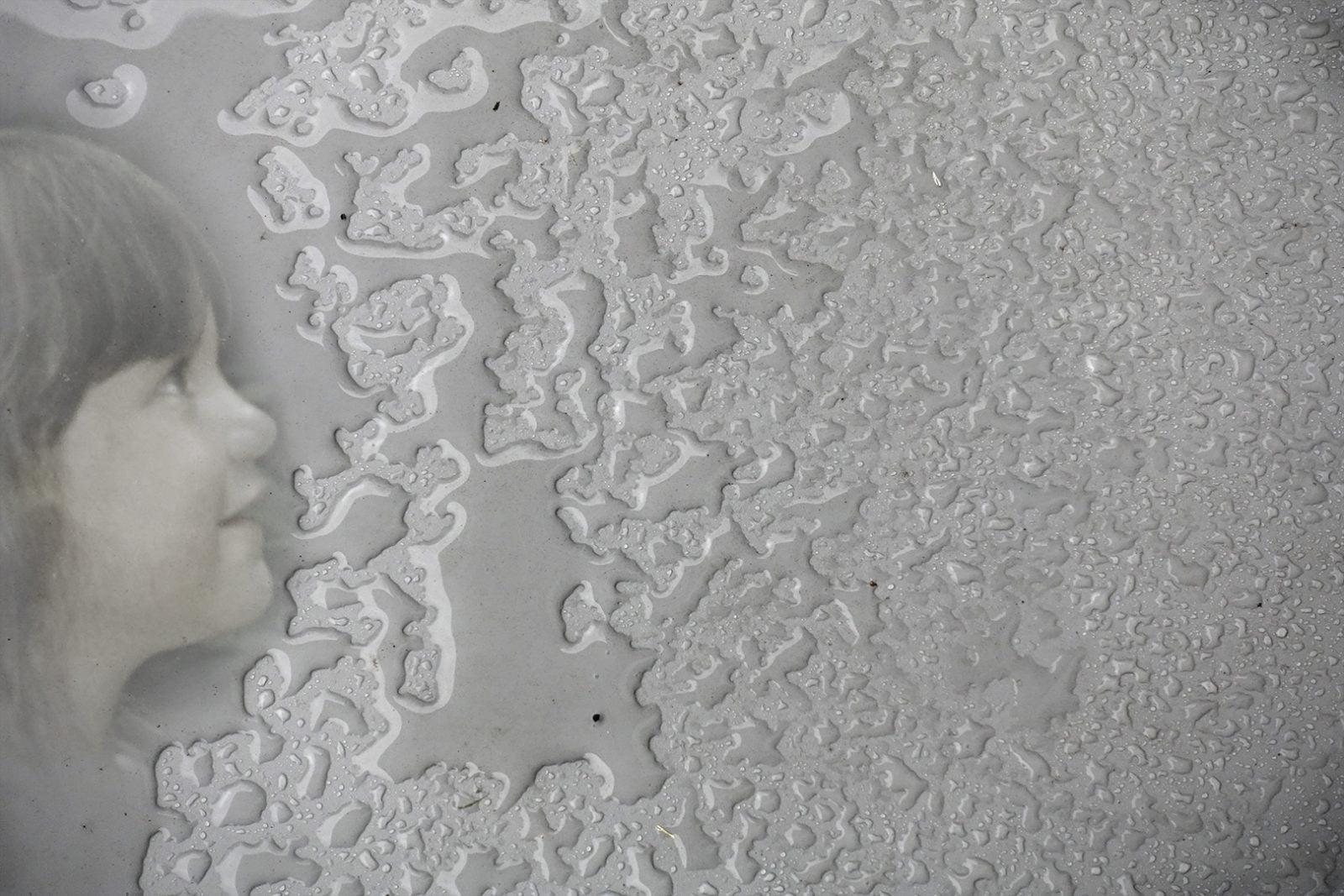 It’s barely even November. And already I’m sick and tired of gray. But the days keep getting shorter, darker, colder, and grayer. Endless gray. Overburdening gray that brings everyone dropping to their knees, howling for light. And here in Central New York, we have six more months of grim gray ahead of us. This makes me want to hole up at home in front of the TV, bingeing on Netflix and spaghetti.
It’s barely even November. And already I’m sick and tired of gray. But the days keep getting shorter, darker, colder, and grayer. Endless gray. Overburdening gray that brings everyone dropping to their knees, howling for light. And here in Central New York, we have six more months of grim gray ahead of us. This makes me want to hole up at home in front of the TV, bingeing on Netflix and spaghetti.
All this gray is dull, boring, dingy. Maybe even dirty. It is lifeless, or life without color. But then, gray is the color of everything when you are grieving.
It’s the color of concrete. Of old hair. Storm clouds. Ash. Lead. Gunmetal. Neither black nor white, gray is a neutral non-color that is deathly quiet. And depressing. It’s got nothing to do with the rest of the world where friends text you jolly pictures of themselves guzzling bubbly pink margaritas with their golden super-stuffed tacos and garishly decorated cupcakes, oblivious to the frigging cold and wet and gray.
Gray is the color our brains turn when dead.
Is anyone else suffering from seasonal affective disorder?
This is what I’ve tried that helped: Running outside with upturned face whenever the sun cracks through the clouds. Spending my waking hours next to a light-therapy lamp. Escaping to sunny islands in the Caribbean. Escaping to the movies or into a captivating novel. Taking up a new hobby or project, like hiking, preferably outside, although tramping through Walmart works too. Hugging a puppy or a baby. Hugging the one you love. Hanging out with people who make you laugh. Exercising, so your brain pumps out more pleasure-producing endorphins. Falling in love (it was a long time ago but it worked).
It’s a dismal gray autumn in Upstate New York, and I’m using every ounce of my creativity to try to change my perspective. I will find a way to make gray beautiful. I’m going to love it. If, years ago I learned to love my life even though my daughter—the light of my life—died, then I can learn to love gray.
Got any advice? What helps you the most in coping with seasonal affective disorder?
